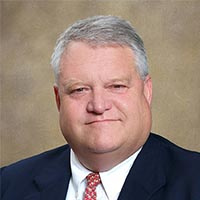Aylett Wills & Probate Lawyer, Virginia
Sponsored Law Firm
-
 x
x

Click For More Info:
-
Price Benowitz LLP
409 7Th St Nw Suite 200 Washington, DC 20004» view mapEstate Law Working Relentlessly For You
Our firm was built on the understanding that comprehensive representation does not begin and end in the courtroom.
202-600-9400
Includes: Estate Administration, Living Wills, Wills
Trevor B. Reid
✓ VERIFIEDMr. Reid joined Parker, Pollard & Brown as an associate after receiving his law degree from the University of Richmond in 2008. His practice is co... (more)
Meredith L. Yoder
✓ VERIFIEDPractice focuses on business and commercial law matters, including: civil litigation, mergers and acquisitions, general corporate matters; commercial ... (more)
Stephen E. Scarce
✓ VERIFIEDPractice focuses on business and real estate matters, including purchases and sales, lender representation, business and loan workouts, commercial rea... (more)
Hugh Sheppard Campbell
FREE CONSULTATION
CONTACT Seth Price Washington, DC
Seth Price Washington, DC AboutPrice Benowitz LLP
AboutPrice Benowitz LLP Practice AreasExpertise
Practice AreasExpertise



